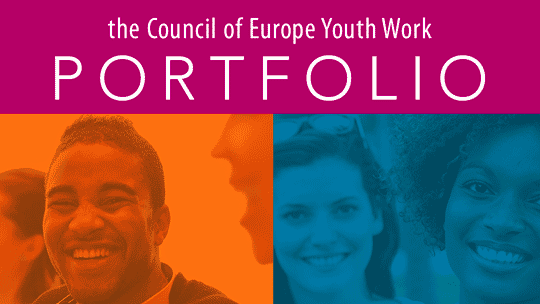What is the European debate on recognition of youth work about?
This more positive attitude to youth work is largely the result of efforts made by youth work organisations and providers to gain better recognition. Their advocacy has resulted in a more strategic approach of the European institutions to encouraging governments to value, recognise and support this kind of work through dedicated policies, programmes and resources. What is today known as the ‘European recognition debate’ addresses four main ‘how to’ questions, as follows:

This debate takes place in many different communities of practice, from education to social work, in public institutions and in civic organisations, and from local up to international levels. Recognition is a key work area in the youth policies of the Council of Europe and of the European Union. Policy makers, youth work practitioners and researchers from all over Europe are all involved in trying to map out the best and most strategic ways to ensure that youth work gets the recognition it needs in order to be able to deliver on its commitments to young people. The main aim of the actors involved can be summed up in the following quote from a 2011 policy paper on the issue of recognition of non-formal learning in Europe:
[…] working together to establish a common ground for a medium to long term co-ordinated strategy toward recognition of youth work and non-formal learning in Europe with the involvement of actors and stakeholders of various policy sectors concerned.[i]
[i] Partnership between the European Commission and the Council of Europe in the field of Youth, Getting There … . Strasbourg, 2013. Available online at: http://pjp-eu.coe.int/documents/1017981/7110699/STATEMENT_SYMPOSIUM.pdf/9f6090f9-91e3-46da-9a09-dcb715eed87f

The Council of Europe Youth Work Portfolio is a tool to help those doing youth work, primarily youth workers and youth leaders, but also managers and administrators, to assess and further develop their youth work competence and that of the people under their supervision.


